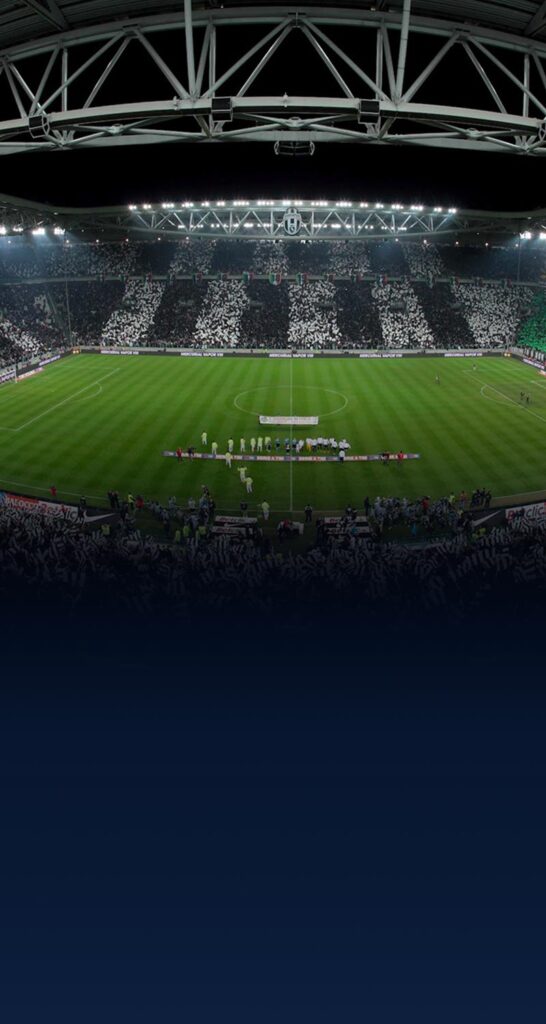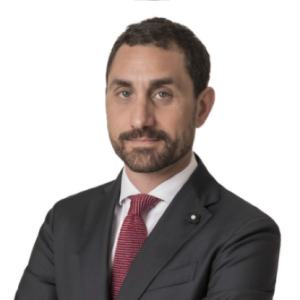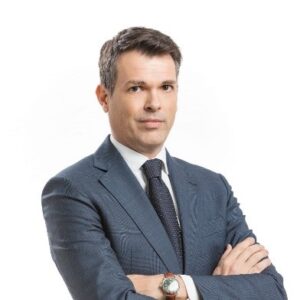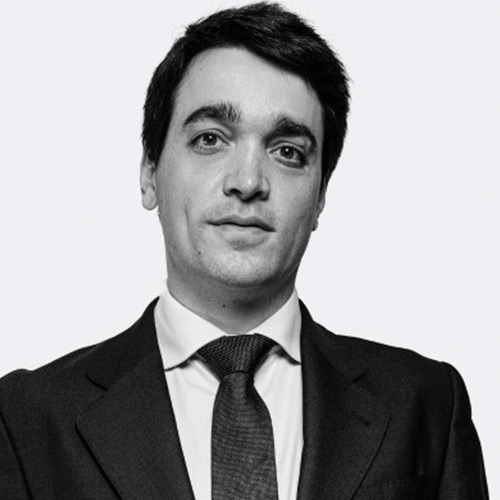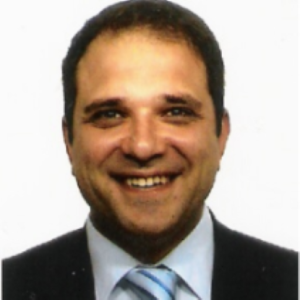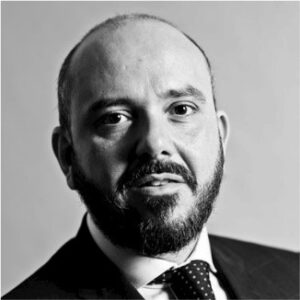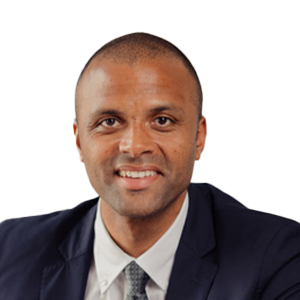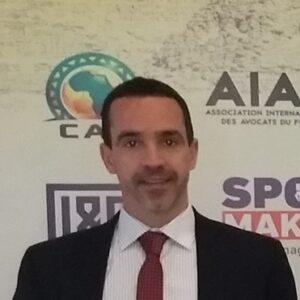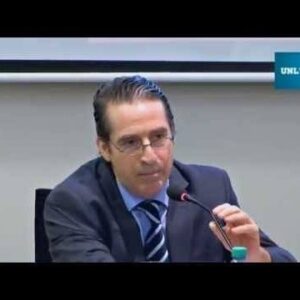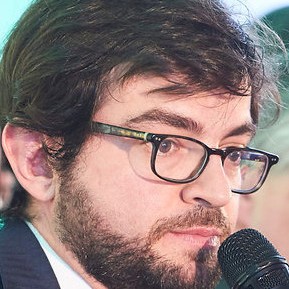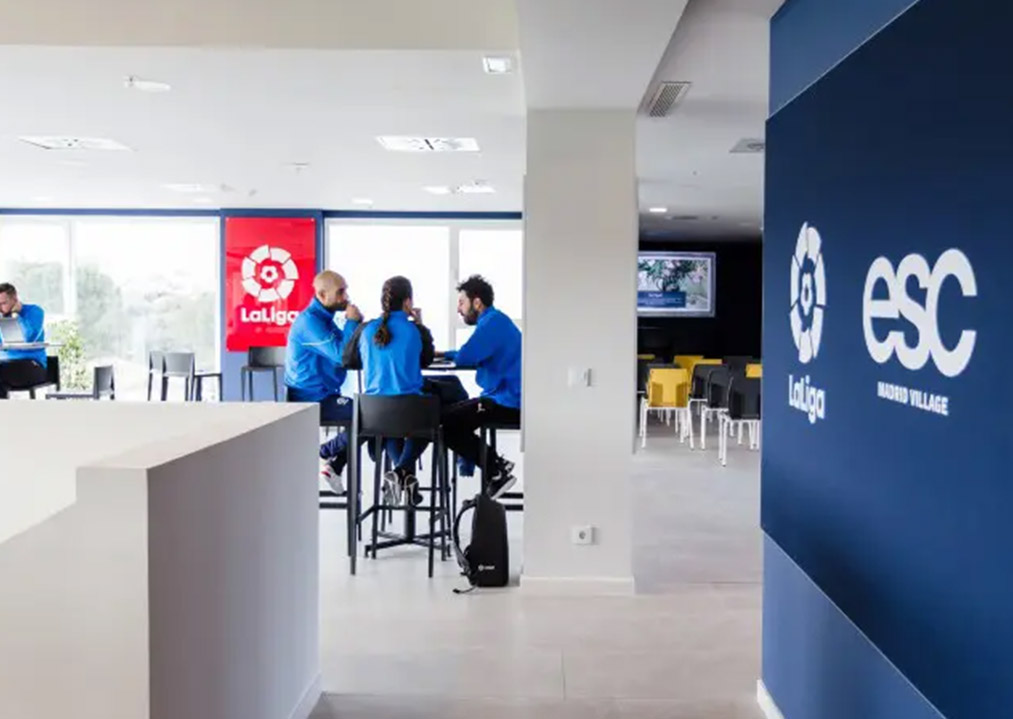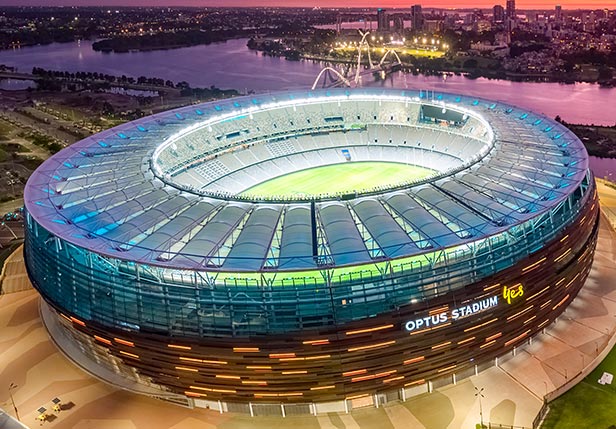Master in Football Law
Taught in collaboration with
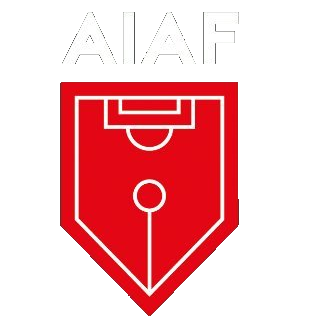
COMPLETE THIS FORM AND RECEIVE THE BROCHURE IN YOUR EMAIL
Duration
9 to 12 months
Methodology
Combination of theoretical approach with case study and lecture-discussions format, enhanced by a 3/6-month qualified internship
Format
In person, streaming and online
Start
October 2024
Certification
ITTI Certification powered by AIAF
Language
English
Master in Football Law
Master's Objective
A pioneering program worldwide where you will share a classroom with professionals from the most important institutions and law firms specialized in football law; a door opener for unique professional opportunities.
The program was designed by our academic directors, Daniel Cravo and Andrea Bozza, and was developed in conjunction with lawyers and authorities of great renown and prestige within the sports sector, under the auspices of AIAF, the International Association of Football Lawyers.
Thanks to the involvement of the AIAF and the welcoming support of the most important football entities, you will enjoy the possibility of living an exceptional experience: networking events, professional visits, mentoring, international trips, internships in top-level organizations.
General objectives: the Master envisages to ensure that students learn and experience recurrent – legal, strategic and decisional – issues of the football industry.
Within the context of the lectures, students will be presented with some of the most common issues in the football industry. In particular, they will be asked to deal with – and handle – specific situations, by (i) applying their skills, (ii) evaluating the nuances of football business in light of their own learning, and (iii) suggesting alternatives for the resolution of the cases at hand.
Teachers will guide students through their research, analysis and application of the skills needed to carry out the relevant problem-solving exercises.
At the end of the Master, ideally, thanks to the enhanced ability to recognize the specificities and peculiarities of the football legal environment, students shall be able to address – and place into the right context – some of the most frequent issues related to football business, as well as to choose and apply the formal and substantive arguments most pertinent to each concrete situation that arises. On the other hand, it is expected that the knowledge acquired, coupled up with the capacity and self-interest of each student, can also result in the generation of innovative ideas and approaches.
Certification by ITTI, in collaboration with AIAF
Get a prestigious qualification, certified by ITTI and endorsed by the AIAF (International Association of Football Lawyers), which will open the doors of the industry for you.
Main objectives of the master's degree
- This Master will provide you with the specific knowledge and insights of the football legal field, addressing football law in a comprehensive, interdisciplinary way, under both a “horizontal” and “vertical” approach, which will allow you to adapt to the specific needs required by the practice of law before the different football organizations, whether to become a Football Law specialist or to enrich your existing practice (litigation, corporate, IP, tax, real estate, etc.) with an unrivalled Football Law expertise.
- Enjoy learning with the academic body of more than 50 active professionals who carry out their careers in the most prestigious law firms and institutions.
- The Master will provide a unique opportunity to connect you with a comprehensive network of relevant professional contacts.
- This Master is characterized by the direct involvement of the football sector in it. As a pioneering program, it implies 100% of the teachers of the master to be high ranking Law professionals actually dealing on a daily basis with Football, which in turn favors the most immediate immersion in the sector, generating unique and exclusive career opportunities. Within this context, you will also have the chance to develop professional practices in some of the most prestigious law firms in the football legal field, in club legal areas, as well as in prominent football institutions.
What will you learn in this Master?
- How to advise clubs, footballers, institutions, football associations, leagues, agents, brands, investors and other relevant stakeholders
- Negotiating and drafting football contracts
- Transfer and registration of players
- Doping cases
- Sponsorship contracts and exploitation of image rights
- Procedures before national and international organizations, courts and arbitration tribunals, notably the FIFA judicial bodies and the Court of Arbitration for Sports (TAS)
- Apply your day-to-day practice skills in more orthodox areas of law (tax, IP, corporate, etc.) to the specificities of the football industry
Who is this training aimed at?
Whilst your passion for football may be a plus, the Master primarily seeks to recruit excellent law practitioners. This Master’s degree specialized in football law is aimed at Law graduates, whose aspiration is to develop their knowledge in the legal-football field. It is an excellent opportunity for young Law graduates who are looking for a solid specialization in a postgraduate degree with a high employability perspective, and for lawyers who wish to expand their professional dimension.
ITTI’s commitment, with this program, is to deliver trained and specialized professionals who will make a difference in the market, whether by acting as lawyers or by occupying command positions in the structure of the so-called Organized Football.
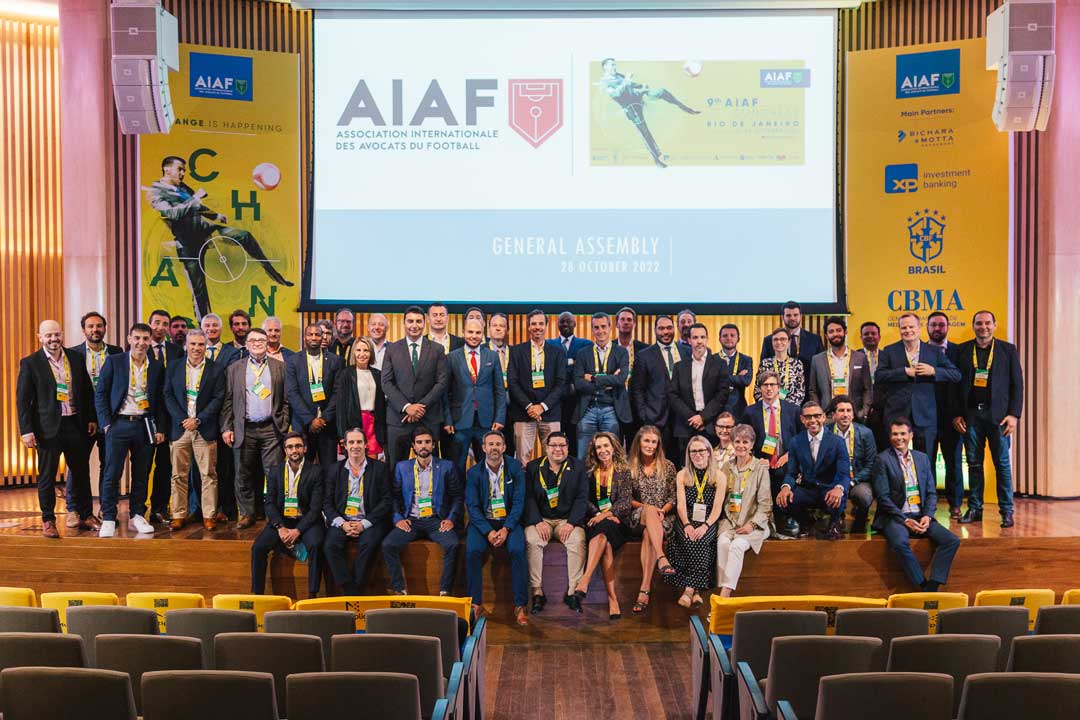
ACADEMIC DIRECTORS:
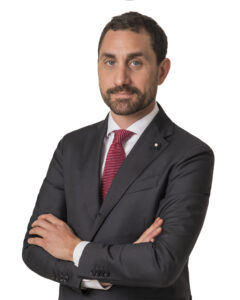
Andrea Bozza
Lawyer| Head of Football, Deloitte Tax & Legal Italy
“In football, talent is not enough. Talent must be trained, nurtured, developed and educated. That is the only way to achieve results. On the pitch for players, in the classroom for jurists. Get your talent trained by the best.”

Daniel Cravo
Founding partner of Cravo, Pastl & Balbuena, CAS Arbitrator, Member of the EXCO of AIAF.
“Football industry will increasingly need specialists. Because details matter and always make the difference. Join our cutting edge master program and discover the secret codes to unlock your full potential and build a successful future as a Football Law expert.”
Who is going to teach you?
The highest-level professionals in the football legal planet are going to be your teachers, who are those who will later take you on internships in their organizations.

Kelly Skeggs
COO & General Counsel at Onmisports Ltd

Master's content?
- Competition law foundations
- The common market
- Competition law in football
- Fundamental freedoms and football industry
- Employment relationship
- Employment termination
- Social issues in football employment (discrimination, etc.)
- FIFA RSTP
- Selection of national sports/football employment laws (Brazil, Italy, Spain, Argentina, England, France, etc.)
- Players’ contracts
- Disciplinary system
- Termination
- Coaches’ contracts: peculiarities and regulatory evolution
- Disciplinary system
- Termination
- Managers’ contracts
- Introduction to tax law as applicable to football employment contracts
- Status
- Registration
- FIFA transfer system
- Transfer windows
- A transfer “outside and beyond” the rules
- Transfer agreements
- Simulation of a player transfer step-by-step
- FIFA TMS
- Transfer fees
- Sell-on clauses
- Other relevant clauses
- Transfer of minors
- Loan of players
- Bridge transfers
- “Avangarde” regulation in Brazil
- Enforcement of disciplinary sanctions
- Immigration: selection of national systems (UK, US, etc.)
- Training compensation and solidarity mechanism
- Introduction to tax law as applicable to football player transfers
- Eligibility to play for representative teams
- Release of players to association teams
- FIFA provisions
- Selection of national provisions on TPO/TPI
- Relevant case law
- Circumvention and detection: legal risks
- Historical background
- FFAR
- Agents under a national dimension
- Selection of national systems (Italy, France, etc.)
- The legal battle around FFAR: sports regulations under the sword and shield of antitrust rules
- Agency contracts
- Relevant case law
- The future of talent representation from an industrial perspective
- The market’s growth
- Affirmative actions
- The debate on the gender equality in terms of remuneration and transfer fees
- Special provisions in the FIFA RSTP
- Relevant case law
- Establishment of FIFA CH
- Key regulations and functioning of FIFA CH
- Application to RSTP payments and agent fees
- Establishment of FIFA TMS
- Connection with FIFA CH
- Disputes related to TMS rules and procedures, and relevant case law
- Functioning and procedures
- FIFA discipline rules and procedures
- Analysis of disciplinary rules and procedures of selected Confederations and Federations
- FIFA Ethics rules and procedures
- Analysis of ethics rules and procedures of selected Confederations and Federations
- Jurisdiction and relevant case law
- Mediation
- International arbitration in football
- FIFA
- FIFA procedure
- CAS
- CAS procedure
- Leading CAS case law in football
- Selection of national dispute resolution systems in football
- Bidding procedures for major football events
- Main contracts and stakeholders
- Interactions with governments
- Ambush marketing
- Image rights from an international perspective
- Trademarks
- Copyright
- Human rights
- Passing off
- Image rights in football
- Image rights and football clubs: Spanish law, EPL contracts, and the Napoli case
- Typical clauses in football contracts
- Termination of contract with just cause due to image rights default, according to FIFA RSTP and selected national legislations
- Image rights and taxation
- Intentional or culpable misuse of the image rights contracts: consequences
- Offshore structures and associated risks
- Sponsorship and Endorsement contracts
- Definition
- Typical clauses
- Disputes
- Remedies
- Image rights, talent representation and investment limitations
- Image rights management under the FFAR
- Regulatory obligations
- Taxation in player contracts
- Taxation in player transfers
- Taxation in football talent representation / intermediation
- Taxation in image rights contracts
- Legal risks and best practices
- Introduction to football club’s annual report and key financial documents (income statement, cash flow statement, balance sheet, business plan and budget report)
- UEFA licensing system
- UEFA Financial Fair Play
- Selection of national systems (England, Spain, US, etc.)
- Relevant case law
- UEFA FFP and competition law
- Circumvention and detection: legal risks and best practices
- Assignments of credits and factoring operations: legality, compliance with FIFA rules and usefulness
- The structure of football clubs (and
- leagues) under different national systems
- Spain
- Brazil
- Germany
- England
- Middle East
- Argentina
- US
- Football acquisitions
- Ownership rules and ownership tests around the globe
- M&A and alternative structures (leveraged finance, crowd funding, etc.)
- The role of Private Equity and Hedge Funds
- Deal structuring
- Negotiation
- Key acquisition contracts (SPAs, etc.)
- Disputes and remedies
- Relevant case law
- Multi-club and multi-sport ownership structures
- Key drivers and strategic considerations
- Positive and negative examples
- Collateral damages concerning third party interests (economic rights, formation rewards)
- UEFA regulation and relevant case law
- Towards a FIFA regulation?
- Insolvency of football clubs and sporting succession
- Football broadcasting (TV, radio and other audiovisual medias)
- Football regulation and competition law
- Football media law beyond TV
- Football media law in a geographic dimension
- Overview of insurance in football
- Overview of medical issues in football
- Key contractual and legal provisions: clubs’ and players’ rights and obligations
- Disputes involving football clubs
- Football stadia and training facilities
- Relevance of football infrastructure within UEFA clubs’ licensing and FFP/CONMEBOL regulations
- Impact of football infrastructure in football finance
- Ticketing
- Cryptocurrencies, Non-fungible tokens, metaverse and smart contracts
- Implications vis-à-vis football regulations and national law
- Financial crimes and other relevant offences (corruption, match fixing, etc.)
- Ordinary crimes committed within the football dispute (assault, homicide, racism, discrimination)
- Doping
- Introduction to anti-doping
- WADA Code, FIFA Code (special and different provisions vis-à-vis WADA Code)
- Anti-doping relevant case law (UEFA, CONMEBOL, FIFA, illustrative national approach)
- Lex Sportiva in Football
- Negotiation and contract drafting
- Gender equality
- Female football
- How to run a football club
- Concretely handling the FIFA RSTP in negotiations and litigation
- Jurisprudence of FIFA, CAS, UEFA, CONMEBOL, national DRCs
- Mootcourt
Master's Methodology
Without prejudice to the necessary theoretical approach to some topics, a practical perspective will prevail with regard to teaching methodology, including the study of concrete cases and the holding of lectures-discussions. Through a robust number of classes, “horizontal” knowledge of the legal landscape of football will be provided, followed by a “vertical” part focused on traditional practices (tax, intellectual property, corporate, etc.) applied to the football industry, which includes analysis of case law and relevant contracts.
Students will be prepared to actively participate to the sessions and to extract the most from the teachers. Depending on the subject, a 2/3 hours of preparation work might be suitable for a given session.
Learning should not be based on memory. Understanding the cases and materials, coupled with a problem-solving attitude, will be considered a key factor to successful completion of the Master. Some problems involving conflict of laws or judgment calls based on interpretation of factual circumstances simply do not entail one “right” answer. There may be good or bad reasoning, but students should never be afraid to give “wrong” answers.
Depending on the subject, students will also be provided with materials on industry trends, legislation and regulations, in addition to the cases and materials that are specific for one session.
The Master’s Degree is made up of 6 months of academic activity, which is completed with a period of between 3 and 6 months of internships and other international activities.
In particular, students will be able to carry out professional practices in the offices or legal departments of their teachers, AIAF members or other football-related organization.
Pay an Administrative Fee of 100 euros to receive the admission test.
Send proof of payment of the Administrative Fee. Once this action is completed, you will receive your admission test with further instructions.
Send us an email with the following documentation:
a) CV
b) Motivation letter
c) 1-minute pre-recorded presentation video about yourself and why you are an ideal candidate for the program.
Send us the completed admission test.
Documentation submission
If you have been admitted, you will be given one week to pay the first installment of your registration, in order to reserve your place in the program.
Characteristics of our training
ITTI platform and community
Tutor and individual tutoring
High level networking
Internships in companies, such as clubs, federations, offices specialized in football law, international organizations, etc.
First level case method with real cases from real life
Final project under the supervision of a coach
Financial aid
- We want everyone who needs financial support to be able to access our degrees and, for this reason, we offer you to split the payment of the Master's degree into up to 6 interest-free installments. Consult our commercial department to receive more information.
Professional outings
Once you finish the master's degree you will be able to work in:

Law firms

Football clubs

Public or private football institutions, associations and federations

Companies active in the football sector
Testimonios
Jon Manzanos
Jaume Boan-Montenegro
Profesorado del Máster





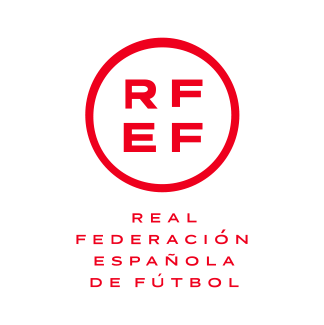







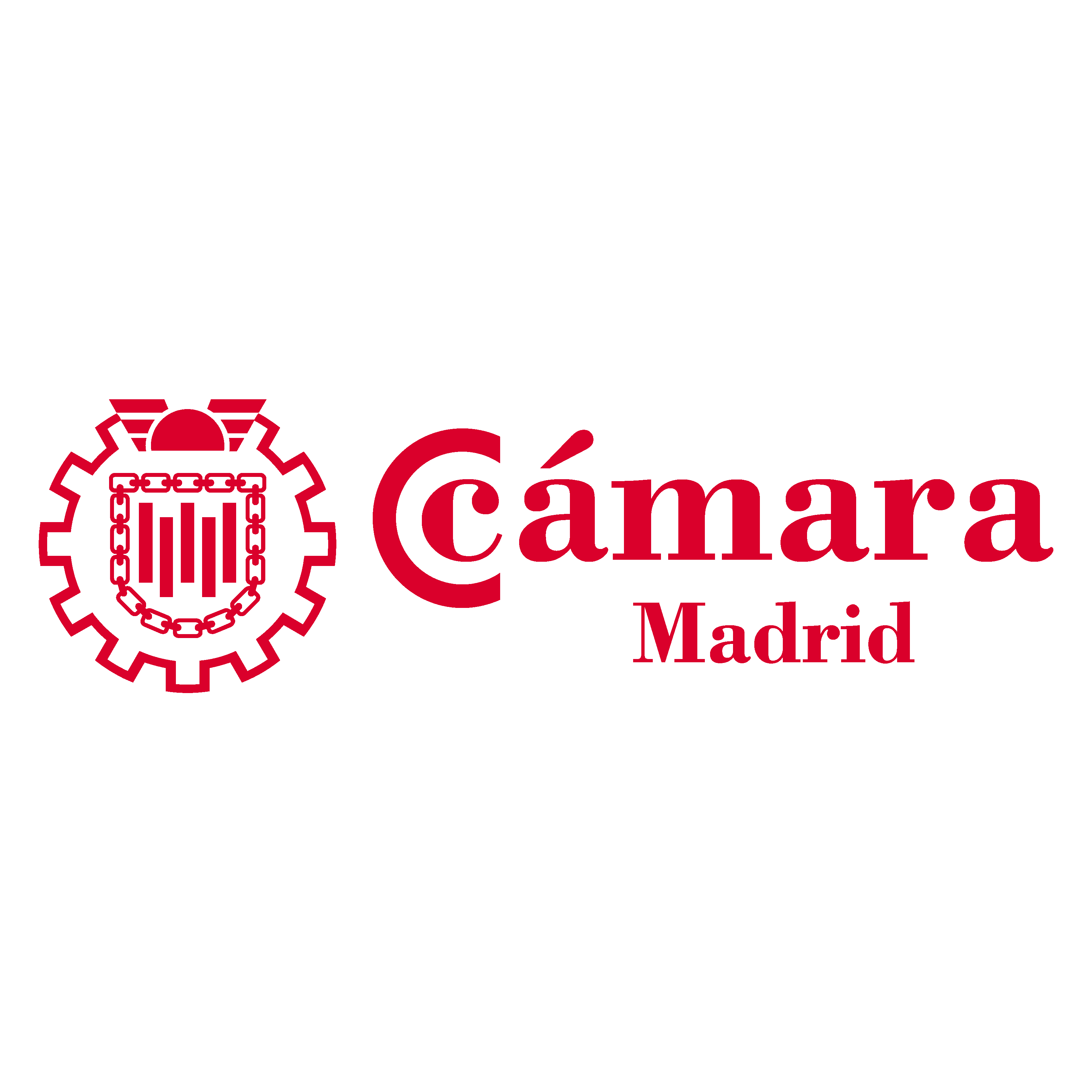


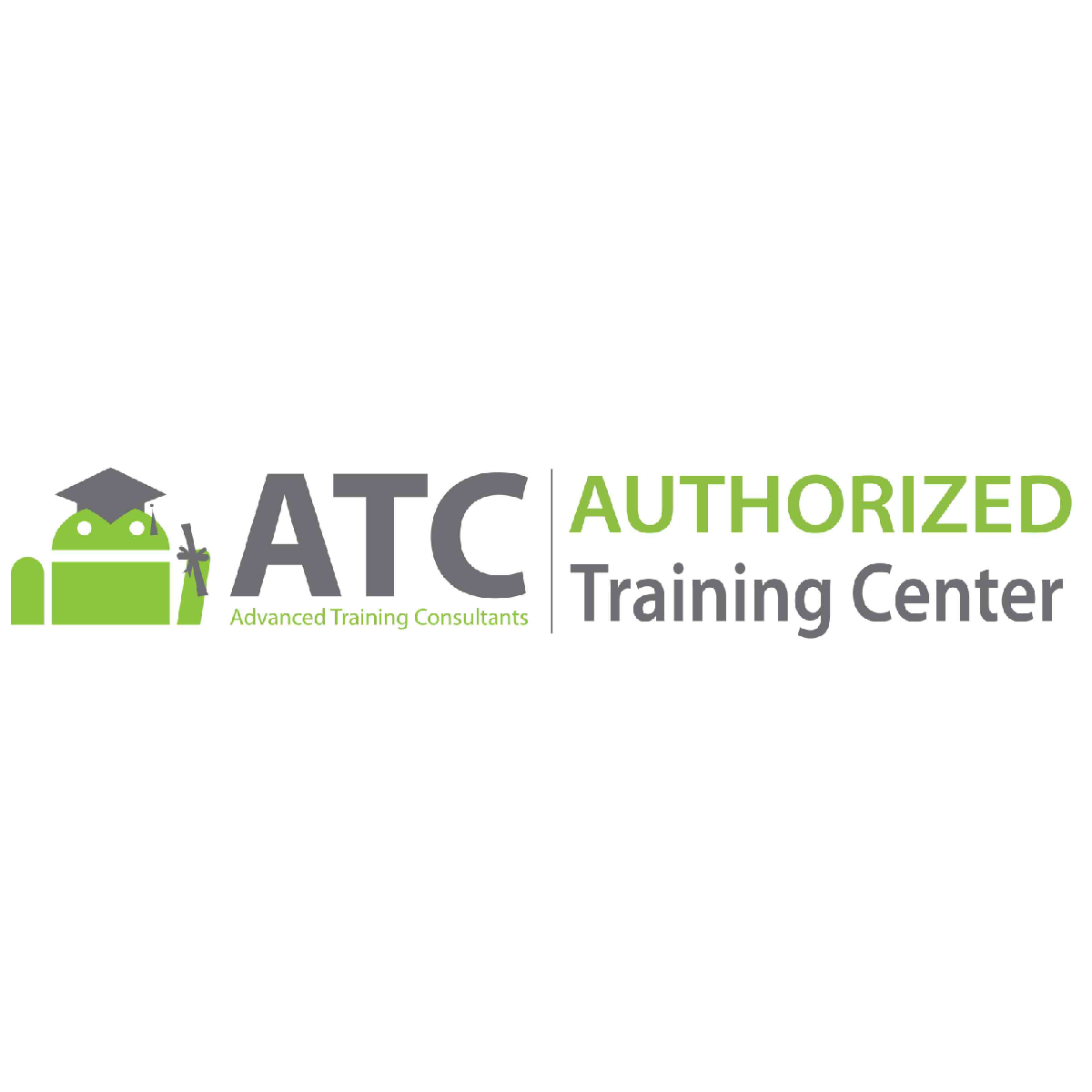


Frequent questions
Where are classes held?
The classes will take place inside a Football Club in Barcelona. The specific location will be informed sufficiently in advance so that interested students can attend.
Is the trip to Switzerland included in the price or is it an additional cost and will it be during the first or second semester?
The trip will take place in March, before finishing the Master. The return trip will take place in March, before finishing the Master. Flights and accommodation, as well as on-site activities, are covered by ITTI.
Meals and additional travel will not be covered. Accommodation and on-site activities are covered by ITTI.
Extra meals and travel will not be covered.
Is the trip to Switzerland the only trip or are there more trips planned?
At ITTI, by having several sports management programs, you can enjoy trips to London, Madrid or Miami for an alumni price.
Could you send me details about the selection process?
The first thing you should do if you are interested in the master’s degree is to send an email with your CV and your cover letter. Next, you will have to take the Admission Test, which costs 100 Euros, on the date and time that we schedule (it lasts two hours).
Once we have received your test, a Jury will schedule you for an online interview.
A decision on your admission will be made within 48-72 hours. Once admitted, you must pay pre-registration to block your place in our Master’s Degree.
Will the internships take place during the studies or after the final project?
Practices will take place after students finish their classes.
What degree will I obtain after completing this master's degree?
Once passed, you will obtain the Master’s degree in Football Law from ITTI in collaboration with the AIAF. It is a private title, which in no way means that it has less validity, especially in the sports sector.
The objective of this program is to create adequate networking to be able to access high-level internships, which is only achieved with this type of programs, which offer you a teacher who turns out to be the best professional in the sector.
Therefore, it is not an official master’s degree, since it is carried out through private entities that provide added value to achieve the final objective, which is to find internships/employment in this sector.


